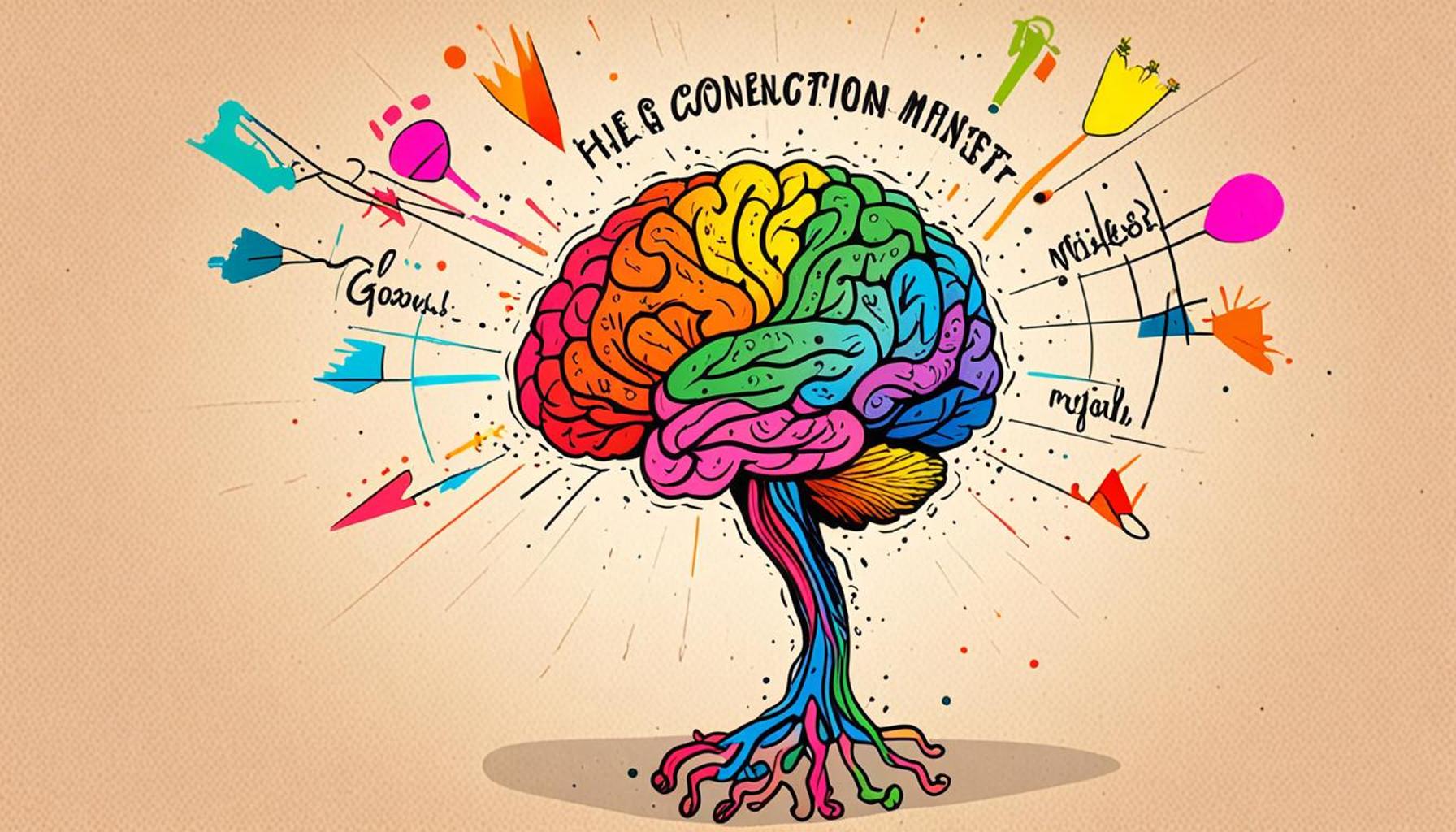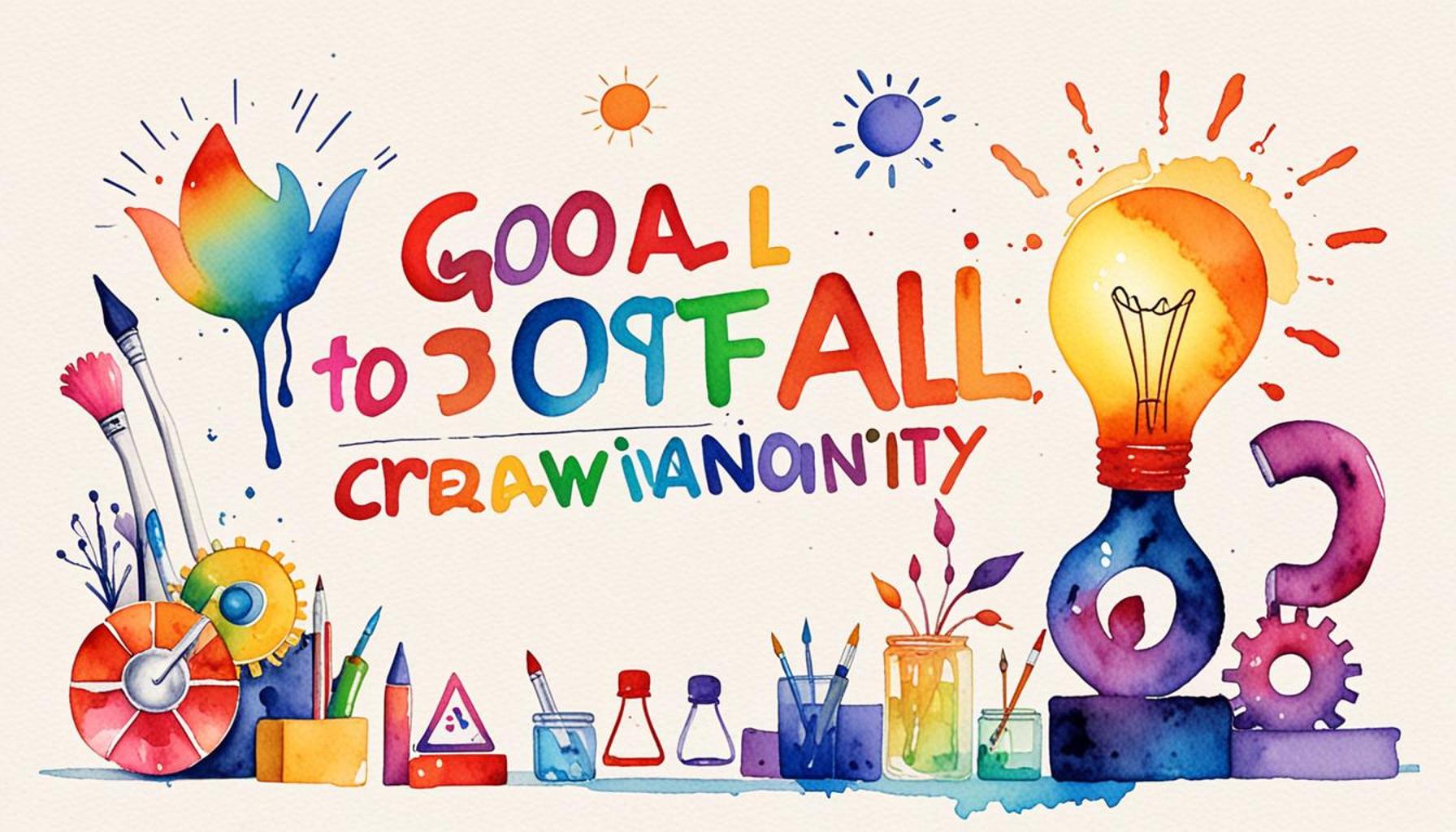The Importance of Feedback in Goal Setting and Personal Development

The Importance of Feedback in Personal Growth
Every journey towards achieving your aspirations is shaped by the insights you gather along the way. In the realm of goal setting and personal development, feedback plays a pivotal role, guiding you towards making informed decisions. The process of receiving feedback not only enhances your awareness but also accelerates growth, providing the necessary adjustments to keep your ambitions on track.
Why Feedback Matters
In Nigeria and beyond, leveraging constructive criticism can transform your approach to personal growth. The importance of feedback cannot be overstated; it serves as a catalyst for improvement and self-discovery. Here are a few reasons why feedback is indispensable:
- Clarifies Goals: Feedback leads to the refinement of your objectives, ensuring they are realistic and achievable. For example, a student in Nigeria might receive feedback from a teacher that highlights the need to focus on specific subjects. This guidance helps the student redirect their efforts, making their goals more attainable.
- Builds Accountability: Regular check-ins foster responsibility, keeping you committed to your goals. In a bustling workspace, for instance, a Nigerian entrepreneur might schedule weekly meetings with their team to discuss progress and setbacks. These sessions create a culture where feedback and accountability go hand in hand, ensuring that everyone stays on course.
- Encourages Learning: Engaging with different perspectives cultivates a mindset of continuous learning and adaptation. Feedback from peers and mentors can open doors to new strategies that you may not have previously considered, enriching your personal development journey.
Moreover, receiving feedback from diverse sources, including mentors, peers, and even family, can provide a holistic view of your progress. This well-rounded approach is essential, particularly in a culturally rich country like Nigeria, where community insights are invaluable. For instance, a young entrepreneur might benefit greatly from the wisdom of elders in their community, who can provide practical advice drawn from years of experience.
Engaging with Feedback
To harness the power of feedback effectively, it is crucial to cultivate an open mindset. This means actively seeking out opinions and being receptive to differing viewpoints. Reflecting on the input received allows you to identify patterns and areas for improvement. Additionally, implementing changes where necessary can dramatically impact your personal development journey. Consider a musician in Nigeria who receives feedback on their sound from industry colleagues; being open to constructive criticism can lead to a more refined and appealing musical style.
Ultimately, feedback is not merely a tool for evaluation but a vital part of your growth narrative. Embracing it with enthusiasm and a readiness to learn can enrich your experiences and steer you toward success.
RECOMMENDED: Check out this similar article
Embracing Feedback for Effective Goal Achievement
Feedback serves as the compass for navigating the sometimes complex terrain of personal development and goal setting. In Nigeria, where the quest for advancement can be both exhilarating and challenging, constructive feedback emerges as a crucial ingredient for success. The ability to seek out and effectively utilize feedback not only propels individuals towards their goals but also cultivates a growth-focused mindset. Understanding the dynamics of feedback can significantly enhance this process.
Types of Feedback: Understanding the Components
Recognizing that not all feedback is created equal is fundamental in leveraging it effectively. Feedback can generally be categorized into three types: positive feedback, constructive criticism, and situational feedback. Each serves a unique purpose and can impact your development journey in different ways.
- Positive Feedback: This type reinforces desirable behaviors and achievements. For example, when a young Nigerian entrepreneur successfully conducts a community outreach program and receives praise, it boosts their confidence and motivates them to replicate such initiatives.
- Constructive Criticism: While it may seem daunting, constructive criticism is essential for growth. It identifies areas that require improvement. A Nigerian student, for instance, who receives feedback suggesting they focus on their writing skills can take specific steps to enhance their performance, thereby aligning their efforts with their academic goals.
- Situational Feedback: This feedback is context-driven and usually arises from specific situations. For a musician in Nigeria, receiving feedback after a performance can provide valuable insights into audience reactions, allowing them to adapt their style and approach.
Understanding these feedback types enables individuals to approach their personal and professional growth more strategically. For instance, an entrepreneur might prioritize positive feedback for motivation but pay closer attention to constructive criticism when refining their business plans.
The Feedback Loop: Continuous Improvement
Another critical aspect of feedback in the personal development journey is the feedback loop. This cycle involves asking for feedback, reflecting on it, making necessary adjustments, and then seeking more feedback. This iterative process fosters continuous improvement and keeps you aligned with your goals.
Imagine a Nigerian software developer seeking to enhance their coding skills. By actively engaging in peer code reviews, they can receive targeted feedback that helps refine their technical abilities. This initiative not only boosts their confidence but also facilitates a structured path toward achieving career objectives.
As you embark on your personal development journey, engaging in this feedback loop will enhance your persistence and resilience. It allows you to see your challenges not as roadblocks, but as opportunities for growth.
In conclusion, feedback is an indispensable tool in goal setting and personal development. By embracing its diverse forms and establishing a continuous feedback loop, you can significantly enhance your chances of success, ensuring your journey is both fruitful and fulfilling.
| Advantage | Description |
|---|---|
| Enhanced Self-Awareness | Feedback facilitates personal insight, allowing individuals to recognize their strengths and areas for growth. |
| Motivation and Accountability | Constructive criticism encourages a sense of responsibility and drives individuals toward their goals. |
In the journey of personal development, feedback serves as a crucial component. The first advantage highlighted, enhanced self-awareness, implies that understanding oneself is pivotal for effective goal setting. Efficient feedback mechanisms help individuals identify their own competencies and limitations. When individuals receive specific feedback, they can align their goals with their true capabilities, thus enhancing their journey toward self-improvement.On the other hand, motivation and accountability play a complementary role in personal growth. When individuals are aware that their progress will be evaluated and discussed, they feel a heightened sense of accountability to achieve their set goals. This dynamic can be particularly motivating, as consistent feedback encourages persistence and commitment. As a result, personal development becomes a proactive endeavor rather than a passive pursuit. In essence, incorporating feedback in one’s goal-setting process not only refines objectives but also fosters a culture of continuous improvement and personal responsibility, essential elements without which meaningful progress may falter.
YOU MAY ALSO LIKE: Read read another article
Integrating Feedback into Goal-Setting Strategies
The process of incorporating feedback into your goal-setting strategies is akin to adding meticulous brushstrokes to a masterpiece. To truly harness the power of feedback in your path to personal development, it is vital to create a structured approach that not only defines your goals but actively integrates feedback at each step. This systematic method encourages accountability and realigns objectives based on evolving aspirations.
SMART Goals: A Framework for Effective Feedback
One of the most effective frameworks for goal setting is the SMART criteria—Specific, Measurable, Achievable, Relevant, and Time-bound. By using this framework, individuals can clearly articulate their objectives and invite targeted feedback.
For example, a Nigerian university student aspiring to improve their academic performance might set a SMART goal by stating, “I aim to increase my GPA from 2.5 to 3.5 by the end of the academic year, utilizing feedback from professors and peers on my assignments.” Such a concrete objective not only makes it easier to monitor progress but also provides clear prompts for seeking feedback.
Building a Feedback-Rich Environment
Creating an environment rich in feedback is essential for fostering a culture of growth. This can be especially pertinent in collaborative settings like workplaces or academic institutions in Nigeria. For instance, when teams encourage open communication and establish regular check-ins, it promotes an atmosphere where feedback can be both given and received freely.
Consider a local startup in Lagos that implements weekly team meetings to discuss ongoing projects. By inviting candid feedback from every team member, the organization not only enhances collaboration but also ensures that all voices are heard. This collective approach enriches the pool of insights, resulting in more innovative solutions that align with the company’s goals.
The Role of Self-Reflection
Feedback is most effective when paired with self-reflection, allowing individuals to critically analyze the information they receive. Reflective practices enable one to identify personal biases, re-evaluate their responses to feedback, and devise strategies to incorporate the insights gained.
A young African writer, for instance, might review feedback received on their manuscript. By taking time to reflect on the comments of editors and beta readers, they can discern common themes and make informed adjustments to their writing style, strengthening their craft.
External vs. Internal Feedback: Balancing Perspectives
While external feedback from peers, mentors, and supervisors plays a pivotal role, internal feedback—self-assessment—is equally crucial. It’s essential to strike a balance between the two. External feedback provides diverse perspectives, while internal reflections root the learning experience in personal values and aspirations.
For a health and fitness coach based in Nigeria, receiving feedback from clients can illuminate their effectiveness. However, the coach also needs to reflect on their methods, success stories, and challenges. Is the connection with their clients strong enough? Are their training methods yielding the desired outcomes? This dual approach can guide them to refine their strategies and enhance their coaching practice.
Ultimately, leveraging feedback in goal setting and personal development is not merely about gathering opinions; it involves creating a dynamic dialogue that ignites motivation, fosters resilience and drives personal growth towards remarkable achievements.
SEE ALSO: Click here to read another article
Conclusion
In today’s fast-paced world, feedback emerges as an indispensable tool in the quest for effective goal setting and personal development. By embracing a structured approach to feedback, individuals can unlock transformative insights that propel them toward their aspirations. The significance of integrating feedback into the SMART goals framework cannot be overstated, as it facilitates clarity and allows for tailored adjustments based on constructive criticism.
Furthermore, nurturing a feedback-rich environment fosters collaboration and encourages innovation. This is especially vital in Nigerian workplaces and educational institutions, where diverse perspectives can lead to groundbreaking ideas and collective growth. As we have seen through examples of local startups and aspiring writers, the power of feedback lies not only in what is said but also in the willingness to listen and reflect.
Balancing external feedback with internal self-assessment creates a holistic approach to growth, ensuring that personal values and aspirations align with external expectations. This dual perspective is essential for any individual seeking to refine their skills and achieve long-term success.
Ultimately, the journey of personal development is a continuous cycle of setting goals, seeking feedback, reflecting, and recalibrating. By incorporating feedback in a meaningful way, we can enhance our resilience, boost our motivation, and pave the way for remarkable achievements. As we strive for excellence in our personal and professional lives, let us remember that feedback is not merely an evaluation tool—it is the very foundation upon which our growth is built.


